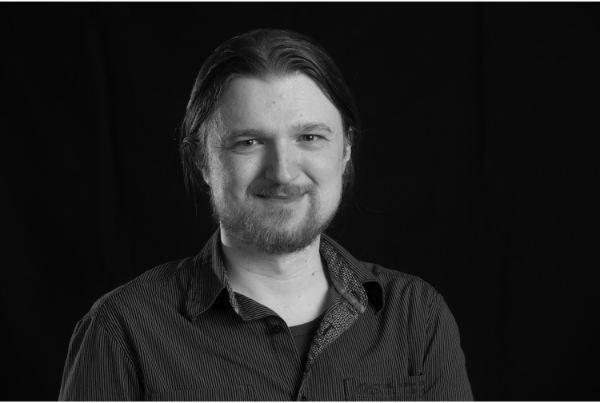Fran Supek is an ICREA professor based at the Institute for Research in Biomedicine (IRB Barcelona), a part of the Barcelona Institute of Science and Technology. Fran leads the Genome Data Science laboratory, which specializes in large-scale statistical analyses of genomic, transcriptomic and epigenomic data. Fran obtained his PhD in Molecular biology in 2010 from the University of Zagreb, while working as an early-stage researcher at the RBI (Croatia). This was followed by a postdoctoral stay at the Centre for Genomic Regulation (as a Marie Curie fellow) and in 2017 he started his group at the IRB as a Ramón y Cajal fellow. Fran is the PI of the ERC Starting Grant HYPER-INSIGHT, an EMBO Young Investigator, and an author on 46 research papers, 3 invited review articles and 2 book chapters, cited 6525 times.
